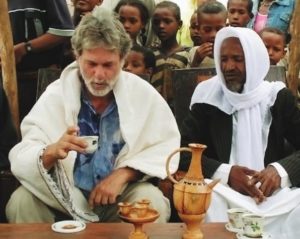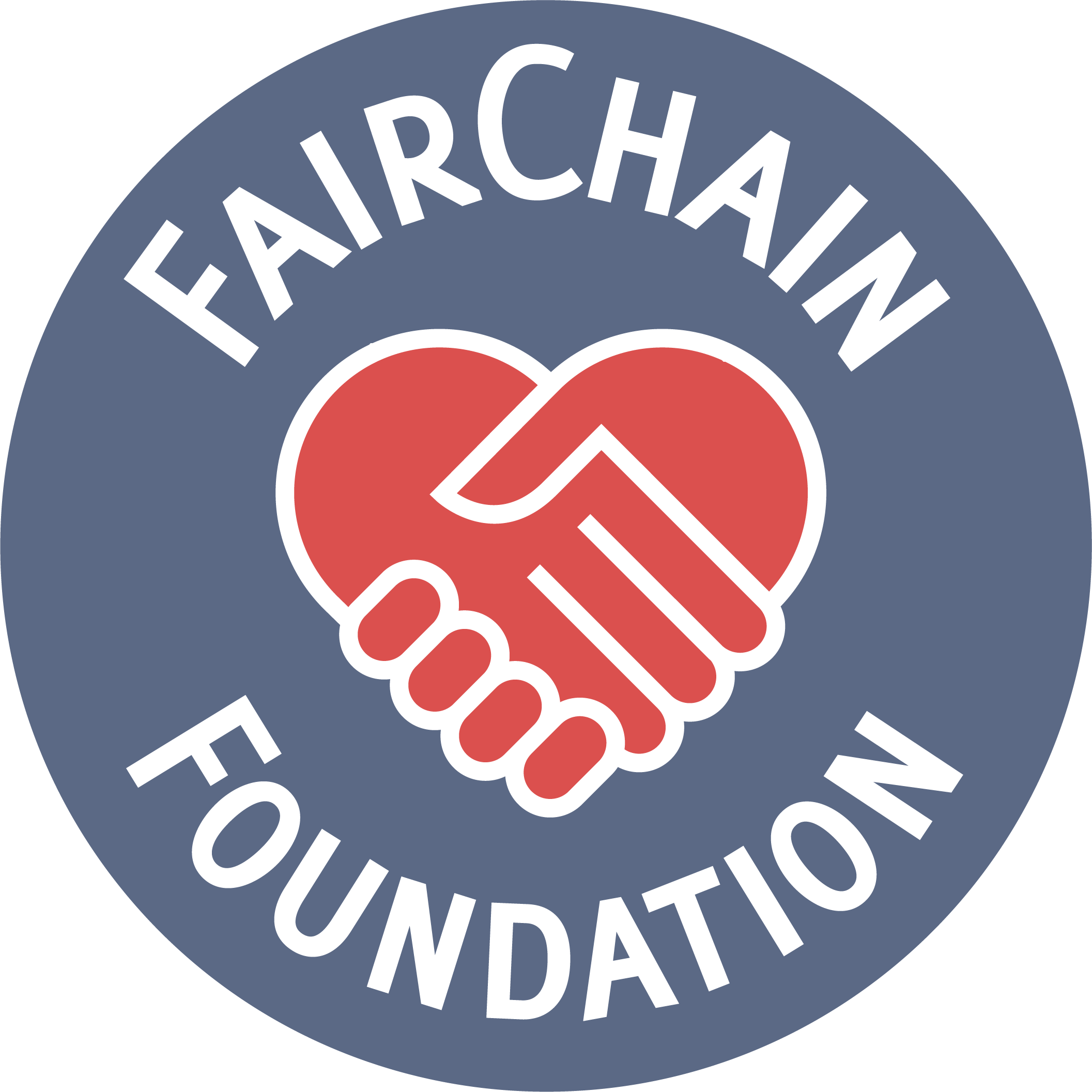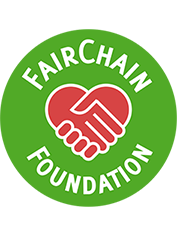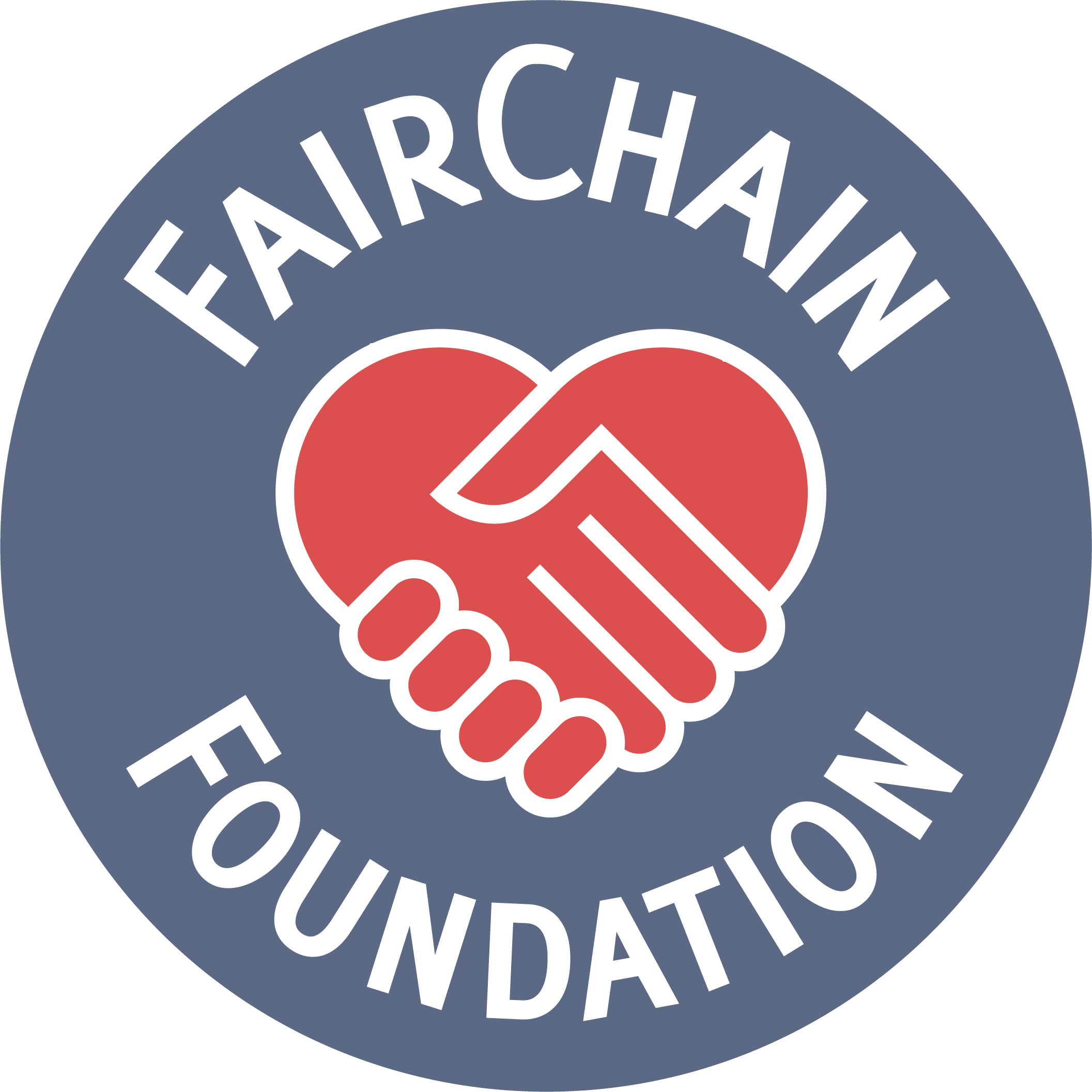We’ve covered a lot of ground with this blog to document some of the bravest, boldest and most daring adventurers from today’s coffee industry.
These are the men and women whose steely-eyed vision for realizing a better world through the humble coffee bean has led them to risk life and limb on a routine, daily basis to get right out to where the action in the specialty coffee scene is really to be found. And no, we’re not talking about downtown Manhattan, Amsterdam or Melbourne where the meticulously groomed hipsters painstakingly reach for new heights in perfecting the rosetta on top of your latte. Rather, it’s the real survivors of the industry that we prefer to write about here. Those battle-worn, hardened and scarred-up heroes whose daily travels bring them into contact with the most remote coffee-growing communities around the world. This is where it all begins for our daily grind that sits at the heart of our morning coffee rituals.
Of course, one practical problem with these cliff-hanging dare-devils is that they’re always so damn pre-occupied with surviving their latest adventurous exploit to ever take time out to write and about what they’re doing -let alone why they’re doing it.
 And that is precisely what makes Dean Cycon so special. Read of his exploits amongst the holy tribal elites called the ‘Mamos’ living in a group of mountains known as La Sierra Nevada de Santa Marta in Colombia, South America. Believing their home to be the indisputable “Heart of the World”, these holy men who believe that they are literally holding the world together. Yeah well, whatever your view on that one, Dean Cycon will be sure to convince you to join the struggle for justice in global trade in this unadulterated depiction of twenty-first century-globalization, immigration, women’s rights, pollution, indigenous rights, and self-determination which is played out in coffee’s deepest darkest corners of the globe.
And that is precisely what makes Dean Cycon so special. Read of his exploits amongst the holy tribal elites called the ‘Mamos’ living in a group of mountains known as La Sierra Nevada de Santa Marta in Colombia, South America. Believing their home to be the indisputable “Heart of the World”, these holy men who believe that they are literally holding the world together. Yeah well, whatever your view on that one, Dean Cycon will be sure to convince you to join the struggle for justice in global trade in this unadulterated depiction of twenty-first century-globalization, immigration, women’s rights, pollution, indigenous rights, and self-determination which is played out in coffee’s deepest darkest corners of the globe.

‘Javatrekker: Dispatches from the World of Fair Trade Coffee’ shines the light onto the mass of middlemen who are squeezing all the profit out of coffee, leaving growers in destitute poverty. This case is demonstrated over and over again in different coffee communities throughout the book, from Ethiopia where the Kaldi’s goats first discovered coffee to Mexico’s infamous Death Train that is notorious for its horrifying toll in lost lives and limbs. Along the way, Cycon argues a solid case for sustainable business principles and the products derived from cooperation, fair pricing, and profit-sharing.
Particularly valuable insight is provided into the democratic cooperatives of farmers which ensure fair dealing, accountability and transparency in trade transactions. This is a nook in the coffee supply chain where it is particularly difficult to earn credibility as an outsider given that these co-ops are constantly being examined by the Fairtrade Labeling Organization and European NGOs for democratic process and transparency. And yet, this is a space that Cycon has come to call home, earning the acceptance and respect of the coffee farmers and the cooperatives over his long –and perilous- career out on the coffee trails.
Images courtesy of: http://simplegoodandtasty.com/sites/default/files/imagecache/blog_img_large/images/blog/deancycon.jpg & http://gadling.com/wp-content/uploads/2007/10/dean_cycon_in_papua_new_guinea(2).jpg



